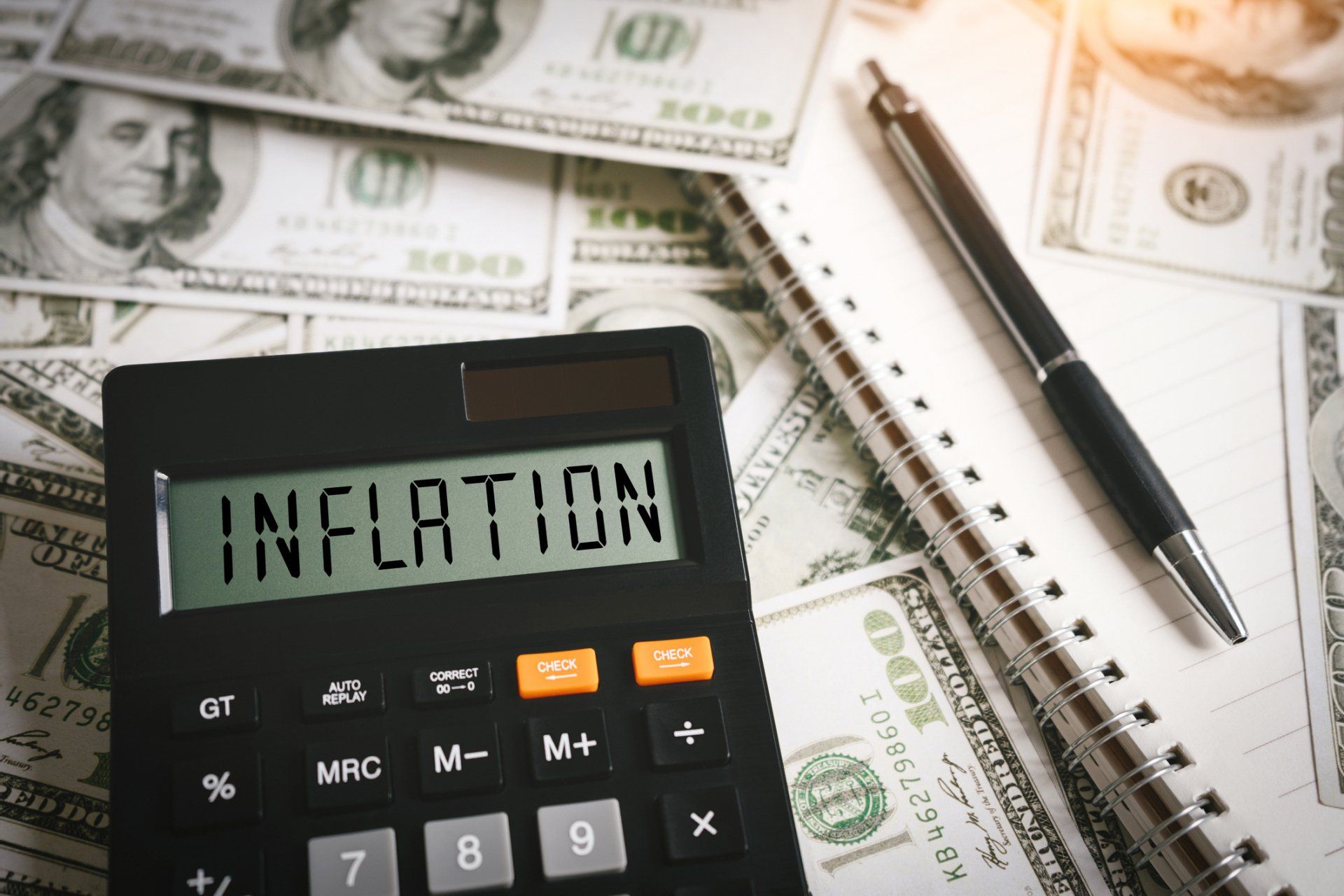Should You Pay Off Your Mortgage In Retirement?
Deciding whether to pay off your mortgage or not is both a financial and emotional decision. This frequently debated topic does not seem to have a simple answer and that is because the answer is based on your specific situation.
A study by AmericanFinancing showed that 44% of 60 to 70-year-old homeowners are carrying a mortgage into retirement. Here are the things to consider when deciding on if you should pay off your mortgage in retirement.
The Emotional Side vs Financial Side
1. The Emotional Side
Emotionally, paying off a mortgage can be very rewarding. Some of the benefits of paying off your mortgage in retirement are:
- Your monthly bills will be lower.
- You have the satisfaction of being debt free.
- Can help remove fears of being able to make your monthly payments without a job.
While paying off your home may be emotionally rewarding, it is only half of the picture, which is why you must consider the financial side.
2. The Financial Side
With interest rates being historically low, the decision to pay off your mortgage early is more complicated than it once was. Some of the financial aspects you need to consider if you decide to pay off your home in retirement are:
- Your taxes could increase significantly if you use retirement funds to pay off your mortgage.
- Your Medicare premiums could increase substantially.
- Interest rates are near all-time lows and the money may be invested elsewhere which may earn higher returns. This is known as lost opportunity cost.
- Paying off your mortgage could cause liquidity issues.
- You may take too much out of your accounts to pay off your home and open yourself up running out of money later in retirement. Also known as longevity risk.
- The financial side of paying off a home in retirement is highly dependent upon your personal situation but as you now know, the emotional and financial side of paying off a home do not always line up which is why you should also consider a third option.
3. The Middle Ground
As you can see, the emotional and financial side can tell different stories. You may prefer something in the middle. If your mortgage has no prepayment penalty then you could make an extra principal only payment monthly, quarterly, or a lump sum amount once per year. When you make biweekly payments, you could save more money on interest and pay your mortgage down faster than you would by making payments once a month. By making payments every two weeks, you'll make 26 payments per year instead of 24. While each payment is equal to half the monthly amount, you end up paying an extra month per year with this method.
You could refinance to lower your mortgage. If you are considering finding a solution in the middle, you need to consider the following:
- If you refinance, you may increase your debt but lower your payment
- If you refinance, you may have to pay closing costs.
- If you make extra principal payments, you can shorten your loan.
What should you do?
Paying off your mortgage in retirement is no longer the easy clear-cut decision it once was. You need to consider both the emotional and financial side when choosing to pay off your mortgage or not. Overall, paying off your mortgage is not always the best financial decision for everyone but making an informed decision is. We can help you make this important decision and help bring you the peace of mind you deserve.
Let us help you make this complicated decision an easy one and help bring you the peace of mind you deserve.
Contact us or call us today at 860-757-3644.
At Retire Safety First we believe everyone has a right to a safe, secure and predictable retirement. Our goal is to remove the fear and uncertainty out of retirement, to provide a safe retirement.












